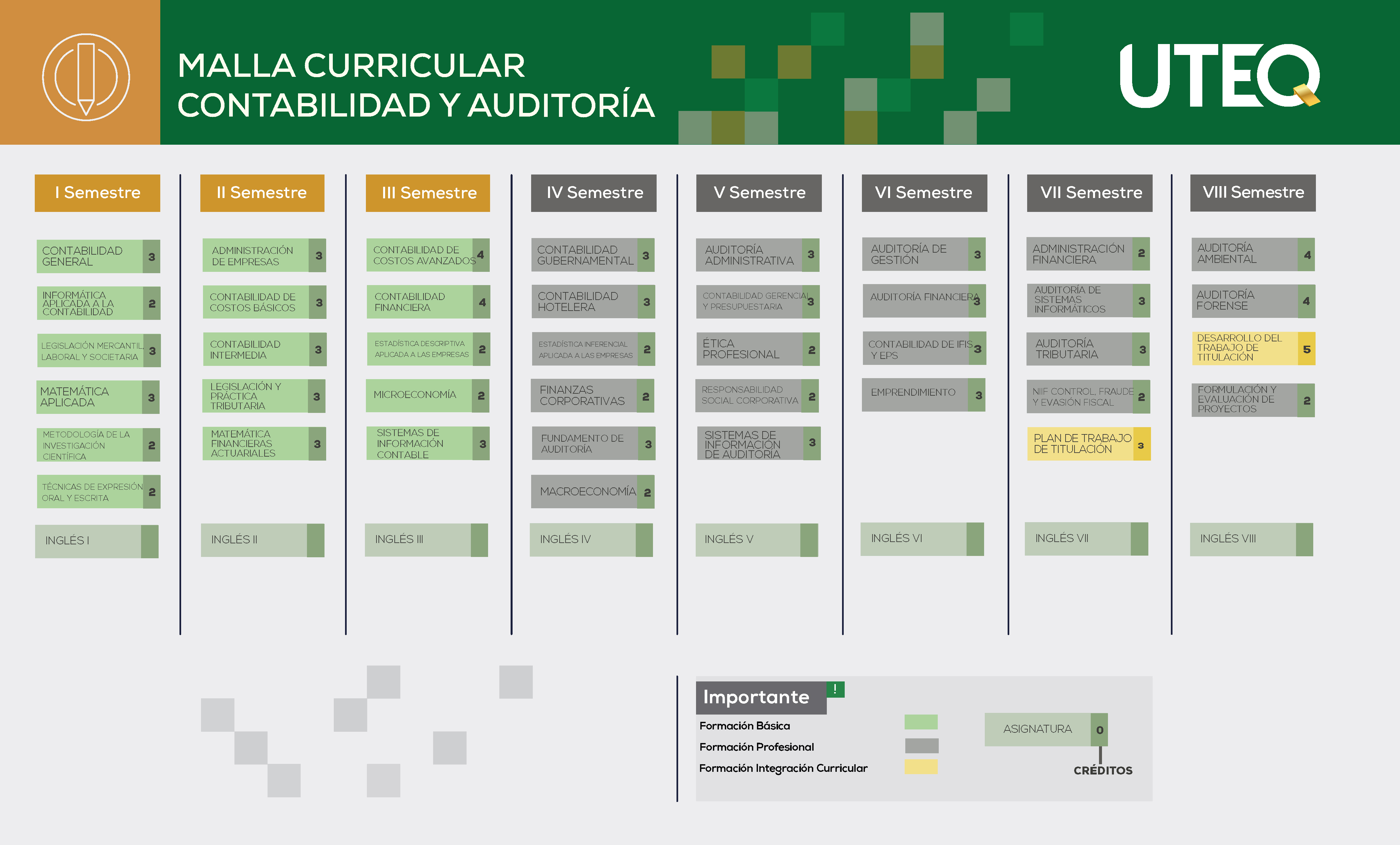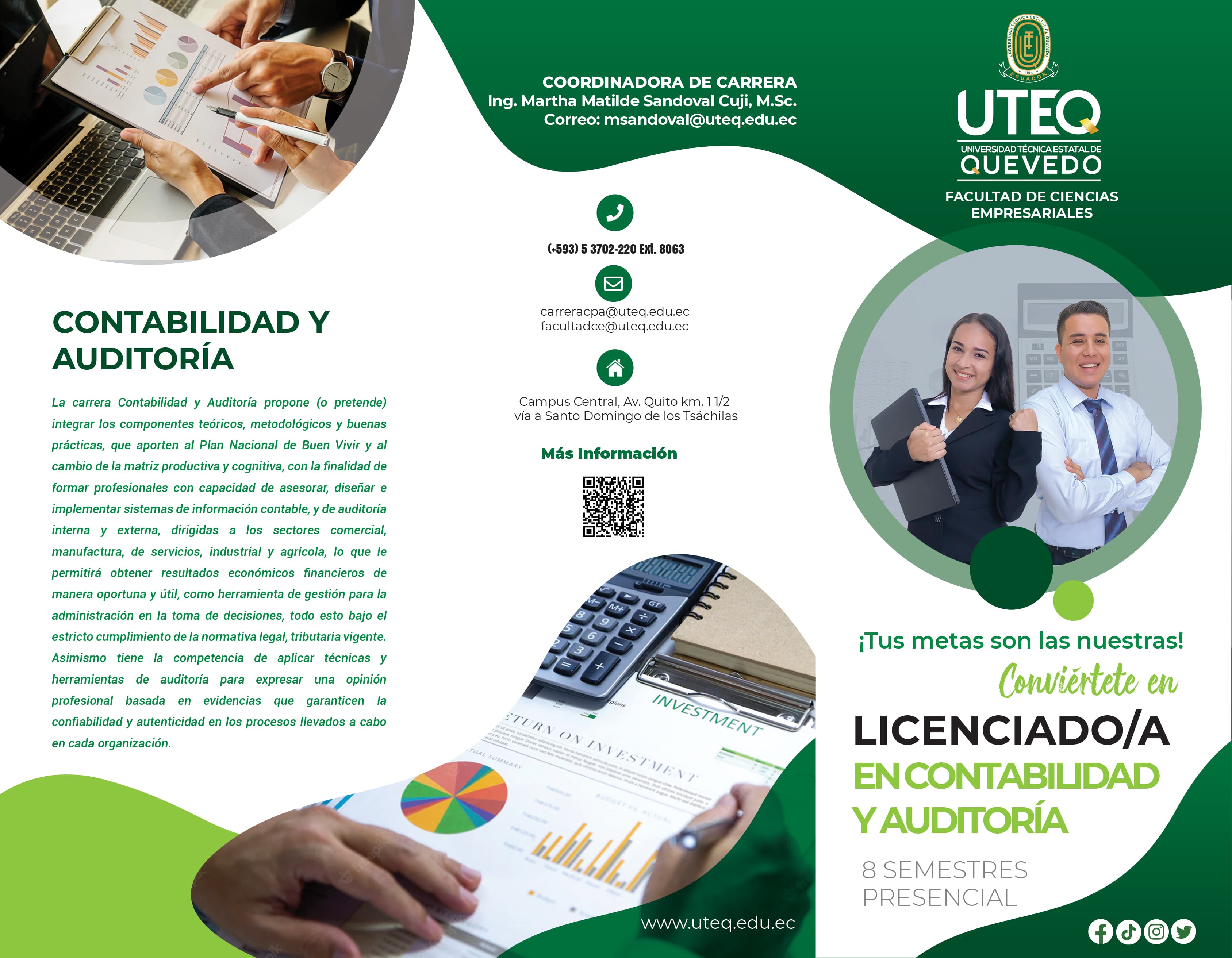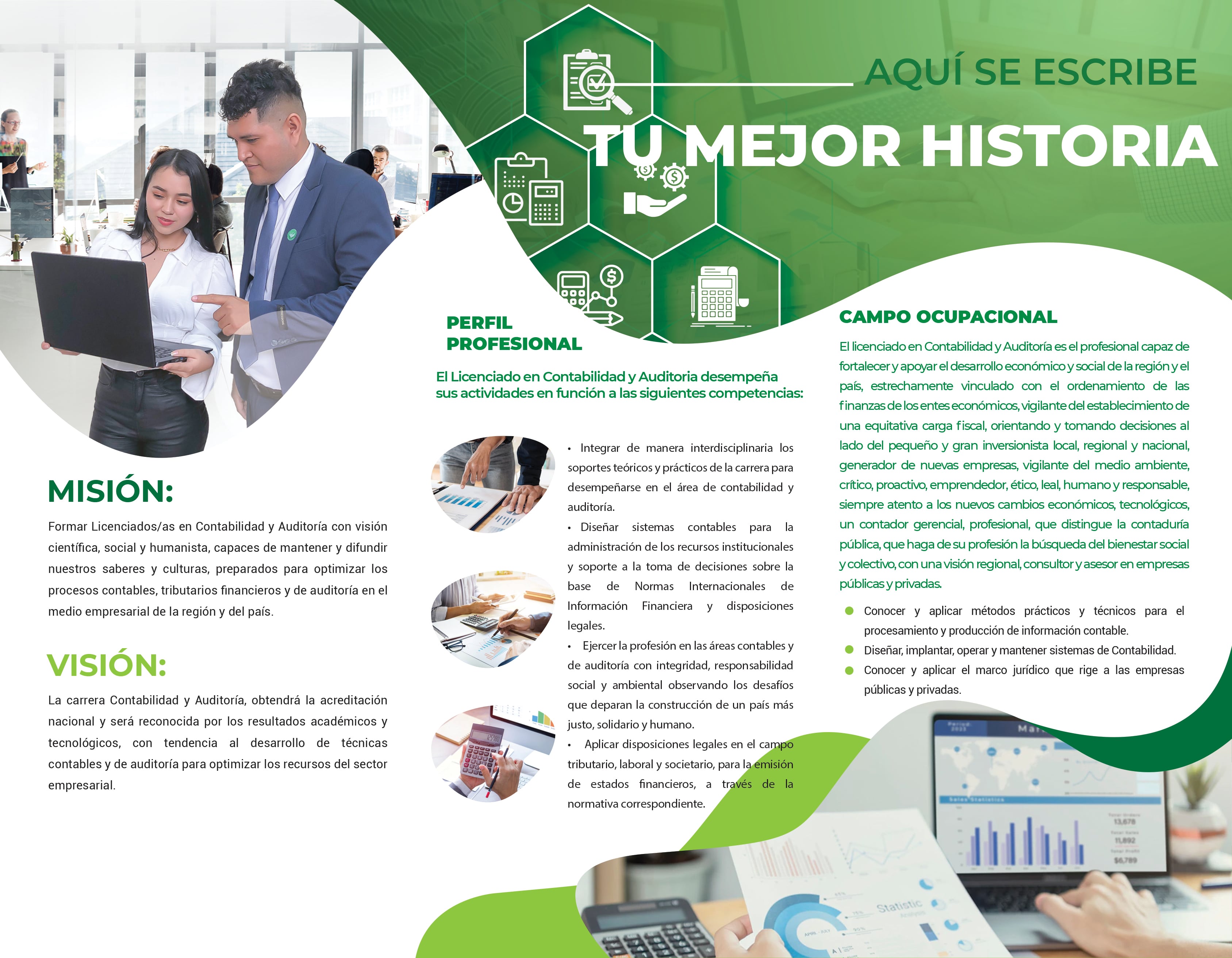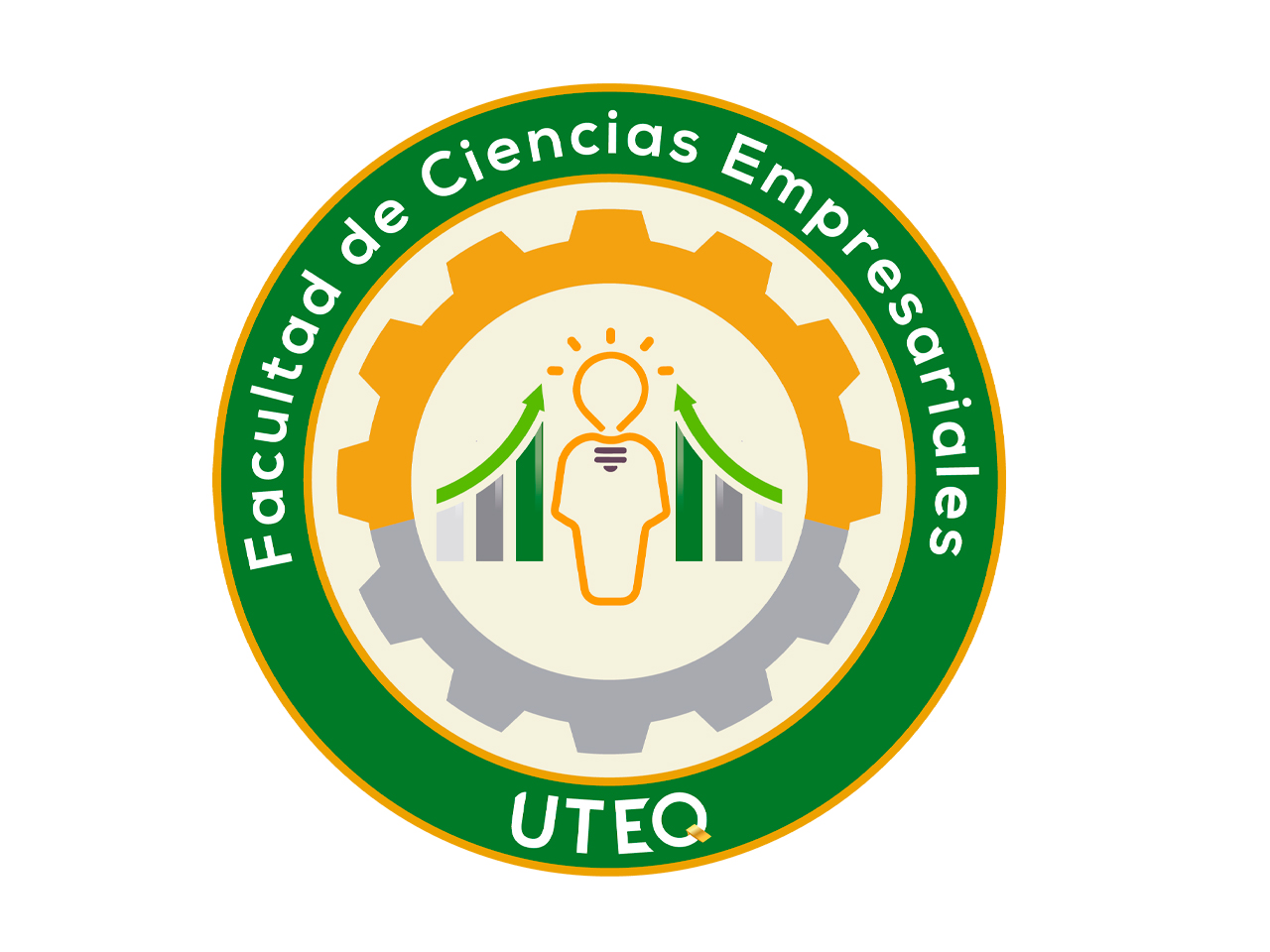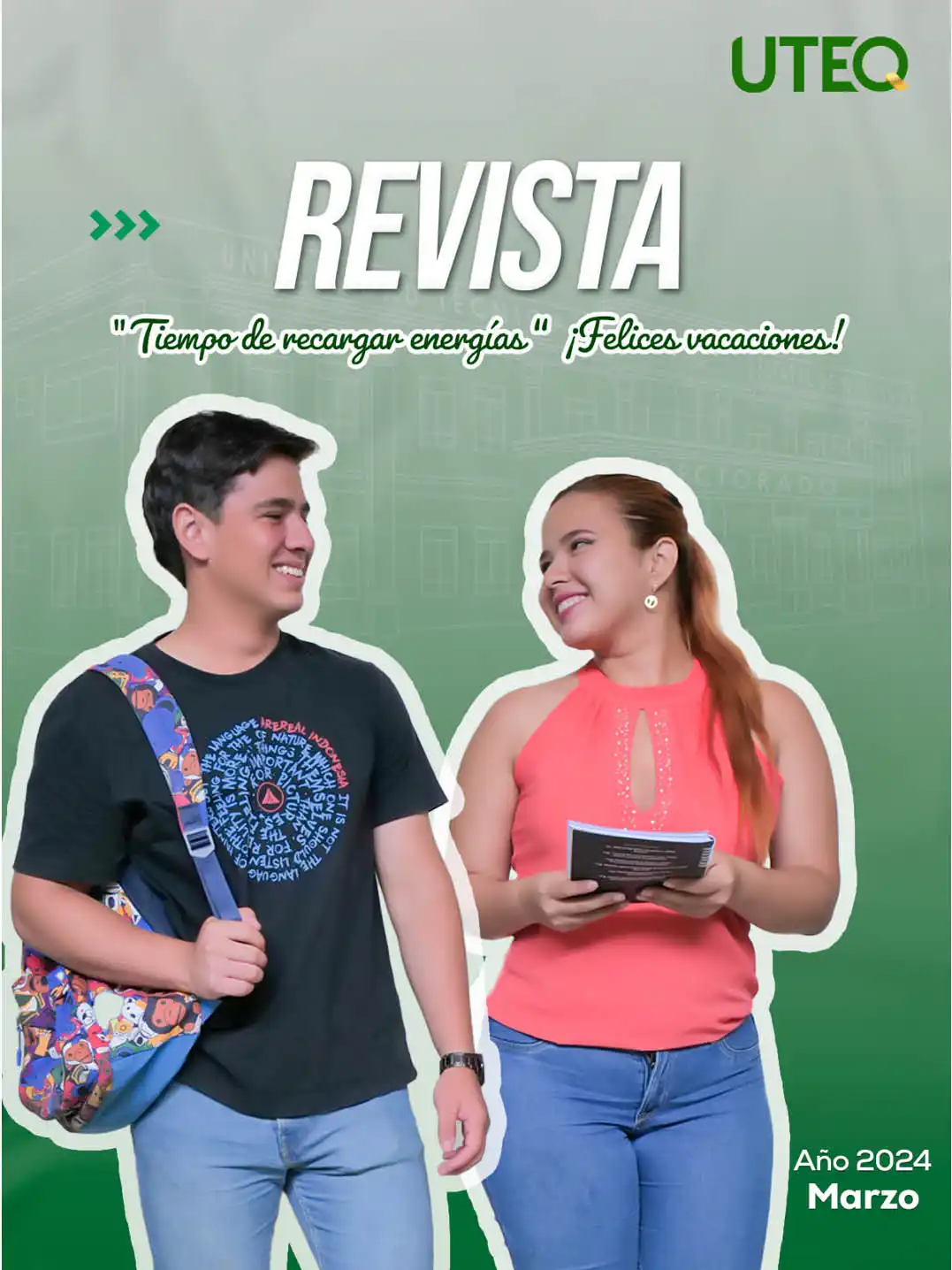Accounting and Auditing
Title of the course
Accounting and Auditing
CES Approval
11 octubre 2017
RPC-SO-37-No.691-2017
Academic Degree
Graduate in Accounting and Auditing
Modality
Face-to-face
Duration
8 semesters
Vision
The Bachelor's Degree in Accounting and Auditing will obtain national accreditation and will be recognised for its academic and technological results, with a tendency to develop accounting and auditing techniques to optimise the resources of the business sector.
Mission
To train graduates in Accounting and Auditing with a scientific, social and humanistic vision, capable of maintaining and disseminating our knowledge and culture, prepared to optimise accounting, financial, tax and auditing processes in the business environment of the region and the country.
Graduation profile
The Bachelor in Accounting and Auditing performs his/her activities according to the following competences:
- C1. Integrate in an interdisciplinary way the theoretical and practical supports of the degree to work in the area of accounting and auditing.
- C2. Design accounting systems for the administration of institutional resources and support decision-making on the basis of International Financial Reporting Standards and legal provisions.
- C3. Prepare internal and external audit reports aimed at improving the effectiveness, efficiency and economy of organisations, for different users and control entities.
- C4. Assess accounting, financial and administrative information in order to propose investment and financing alternatives, assessing risk and applying International Financial Reporting Standards.
- C5. Apply legal provisions in the tax, labour and corporate field, for the issuance of financial statements, through the corresponding regulations.
- C6. Exercise the profession in the areas of accounting and auditing with integrity, social and environmental responsibility, observing the challenges of building a fairer, more caring and humane country.
Occupational field
The graduate in Accounting and Auditing is the professional capable of strengthening and supporting the economic and social development of the region and the country, closely linked to the organisation of the finances of economic entities, vigilant of the establishment of an equitable tax burden, guiding and making decisions alongside small and large local, regional and national investors, a generator of new companies, a watchful eye on the environment, critical, proactive, enterprising, ethical, loyal, humane and responsible, always attentive to new economic and technological changes, a managerial, professional accountant, who distinguishes public accounting, who makes his profession the pursuit of social and collective well-being, with a regional vision, consultant and advisor in public and private companies.
- Know and apply practical and technical methods for the processing and production of accounting information.
- Design, implement, operate and maintain accounting systems.
- Prepare, control, evaluate, close and liquidate operating and investment budgets; cash flows, based on statistical techniques.
- Prepare, analyse and interpret the different financial statements of the entity, in accordance with accounting standards, legal bases and professional criteria in force.
- Structuring financial and operational audit plans and programmes, executing them and issuing the corresponding reports in accordance with current auditing standards, legal bases and professional criteria.
- Know and apply the legal framework governing public and private companies.
Within a period of less than 72 hours after the absence, the student must justify the absence through their academic management system account (SGA) where they must attach a PDF of the medical certificate validated by the UBU (University Welfare Unit) in the event that the absence was due to illness; or attach the death certificate of the family member in the case of domestic calamity.
Access to a third registration is limited to only three possibilities:
- Catastrophic illness or traumatic brain injury
- If you have had a high-risk pregnancy
- If it is the last subject to complete the curriculum.
In the case of a and b, the student must attach the appropriate medical support that demonstrates that the student has been through these situations, and this documentation must also be validated by the UBU.
In general, the SGA blocks students who have stopped studying the last academic period, so the student must request by means of a signed request in pdf to the career mail the unblocking of their SGA account to be able to access the new enrolment period.
When a change of HEI (Higher Education Institution) is made, it is not possible to validate all the learning units approved in the HEI of origin, so as the student approves the prerequisites of the current curriculum, he/she can request through the Career Coordination Office that the learning units that were not validated at the time of the transfer of HEI be validated by validation. For this analysis, it must be considered that the subject to be validated must have 80% similarity in its minimum learning contents, as well as in the number of credits and hours.
- Approach the Career Coordination Office where you intend to change, to request requirements.
- This must be done 60 days before the start of enrolment in the period you wish to join.
- The documentation to be gathered from the IES of origin must be validated by the Career Coordination.
- Take into account the score of your Senescyt exam, if it reaches or exceeds the score of the application where you wish to transfer.
- Application for a place addressed to the Dean of the Faculty, for the degree course you wish to change to.
- Certified academic record (hours and credits) of the degree course you are coming from.
- Certified transcript of records.
- Certificate of not having completed a third registration.
- Certificate of the SENESCYT exam.
- Certificate of not having been sanctioned for acts of indiscipline in the corresponding IES.
- Certified links by the Career Coordination from where they come from.
- Application for a place addressed to the Dean of the Faculty, for the degree course where you wish to change.
- Certified academic record (hours and credits) of the degree course you are coming from.
- Certified transcript of records.
- Certificate of not having completed a third registration.
- Certificate of the SENESCYT exam.
- Certificate of not having been sanctioned for acts of indiscipline in the corresponding IES.
- Certified links by the Career Coordination from where they come from.
Consideration should be given to whether there is an inter-institutional agreement between the two HEIs and if so, the same requirements apply.
- Application for a place addressed to the Dean of the Faculty, for the degree course where you wish to change.
- Certified academic transcript (hours and credits) of the degree course from which you are coming.
- Certified transcript of records.
- Certificate of not having completed a third registration.
- Certificate of the SENESCYT exam.
- Certificate of not having been sanctioned for acts of indiscipline in the corresponding IES.
- Certified links by the Career Coordination from where they come from.
In order to access financial aid, the application period must be in force in the Academic Management System (SGA), where each student can select the type of financial aid of interest and upload the requested documents if they meet the requirements. Approximately on 1 August each year, enrolled students receive notifications through the SGA through which those who meet the established requirements can apply. The types of financial aid available are:
- For Academic Excellence
- For Limited Economy
- For Ethnic Groups, Peoples and Nationalities
- For Disability
- For Culture and Sport
- By Emergency Covid-19
The deadlines are published in the call for applications (one per year). Additionally, the student must have been a regular student during the financial aid validation period, which corresponds to the academic year prior to the call for applications. It is suggested that you review the requirements for each type of grant and apply for the one in which you think you have the best chance of being a beneficiary.
